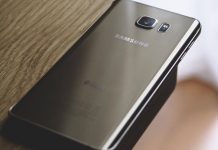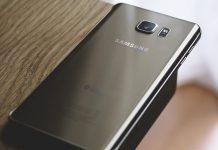Mobile carriers from small countries do not have too many problems with coverage. United States are big country with a lot of rural areas, so it is not easy to provide coverage in every city. However, it does not excuse operators from distorting reality. Unfortunately, T-Mobile US cheated its clients by reproducing the artificial ringing signal even when the recipient was out of range of the network. The operator has just agreed to pay a fine of $40 million.
US mobile operators are not able to provide their services throughout the whole country using only their own infrastructure. Therefore, big carriers cooperate with local operators, which have their own base station on rural areas and offer the national roaming service. This is where we come to the bottom of the whole problem. It turned out that T-Mobile customers could not reach people who live in such areas. At the same time they were not informed about the fact that the interlocutor is beyond the reach of the network. Instead, an artificial call signal was played.
T-Mobile US will pay the penalty for abuse of LRBT (Local Ring Back Tone) functionality
Have you ever wondered what happens when you dial the caller’s phone number? At the very beginning your operator transmits a query that calls the caller to the network. Later there is feedback that the caller is available, busy or out of range, or for other reasons can not be reached. At the moment when your operator receives information that the person you want to call is available, a local ringing tone is generated. On the other hand, the T-Mobile network started to use the LRBT function for certain types of connections, which generated this sound before the connection was established. Why? The reason is quite simple here. If the client starts calling and does not hear any sound quickly enough, he/she assumes that the network is not working and will be unhappy with the service provided by the operator. On the other hand, the problem with too long time needed to establish a connection is often caused by large delays on inter-operator links. T-Mobile US will pay the penalty because the network should inform the user whenever the requested connection can not be implemented. No matter what the problem is.
Source: Ars Technica

























